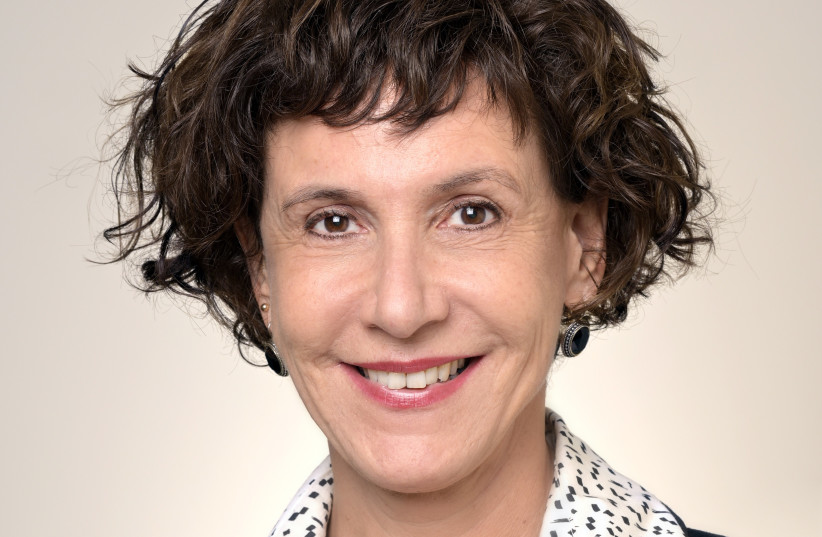An Israeli therapeutics company has announced that its Phase III trial of a drug to treat early Parkinson’s disease (PD) has successfully met its primary and key secondary endpoints and can now prepare for regulatory approval by the US Food and Drug Administration.
“We are thrilled with the positive outcome of this rigorous Phase III study,” said Dr. Sheila Oren, CEO of Pharma Two B, the company that produces the drug known as P2B001.
“There is a clear unmet medical need for an early PD treatment that can significantly improve motor symptoms and daily function while avoiding side effects,” she said. “The data from this Phase III study support our view that P2B001 can provide clinical benefits comparable to higher doses of commercially available dopamine agonists [that mimic the actions of dopamine] while mitigating the side effects typically associated with this class of medicine, such as somnolence [drowsiness], orthostatic hypotension and hallucinations.
“This is important for PD patients of all ages and is critical for the elderly, who typically do not tolerate side effects of dopamine agonists,” Oren said.
People with early-stage PD usually suffer from tremors, slowness of movement and challenges with their agility. The disease generally starts on one side of the body and eventually travels to the other side. Over time, PD affects balance and posture.

PD is relatively prevalent. According to Oren, about 1% of people over the age of 60 suffer from the disease worldwide – and even more in Israel, where there is a high rate of genetic PD.
Pharma Two B was founded in 2007 with the goal of combining two existing compounds already being used for the treatment of early PD – pramipexole and rasagiline – in lower doses to reduce side effects and reach greater efficacy.
"We were able to reach that goal,” Oren said. “The results of the trial proved the idea we came up with many years ago: that the two compounds, where reformulated with lower doses, work together.”
Specifically, P2B001 is a fixed-dose combination of extended-release formulations of pramipexole (0.6mg) and rasagiline (0.75mg).
In the Phase III study, the compound was superior to each of its individual components.
The multinational, randomized, double-blind, double-dummy, active-controlled, parallel-group study took 12 weeks. Its goal was to determine the efficacy, safety and tolerability of the drug compared with its components. In total, some 70 centers in the US, Europe and Canada ran the study, which included 544 volunteers.
P2B001 showed comparable efficacy to pramipexole on its own but also significantly reduced daytime sleepiness.
Dr. Robert A. Hauser, a professor of neurology and director of the Parkinson’s Disease and Movement Disorders Center at the University of South Florida, said it “provides good symptomatic control and a favorable safety profile and may reduce or delay levodopa-associated motor complications.”
“If approved, this product will be an important new option when considering a long-term care plan for people with early-stage Parkinson’s disease,” he said.
Pharma Two B plans to file a New Drug Application with the FDA in 2022, Oren said, adding that approval would likely take between nine and 12 months. The aim is to have the drug on the market by 2023, she said.
Board chairman Jeffrey Berkowitz said: “We believe these results are transformative for Pharma Two B, and we are excited to complete the regulatory submissions and prepare for a commercial launch.”
